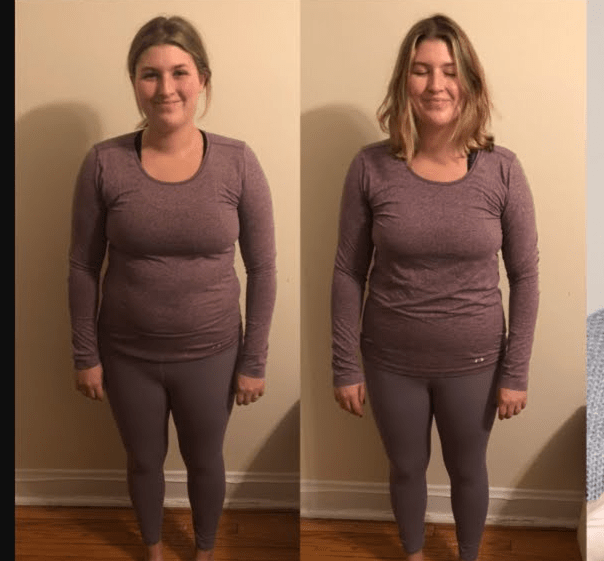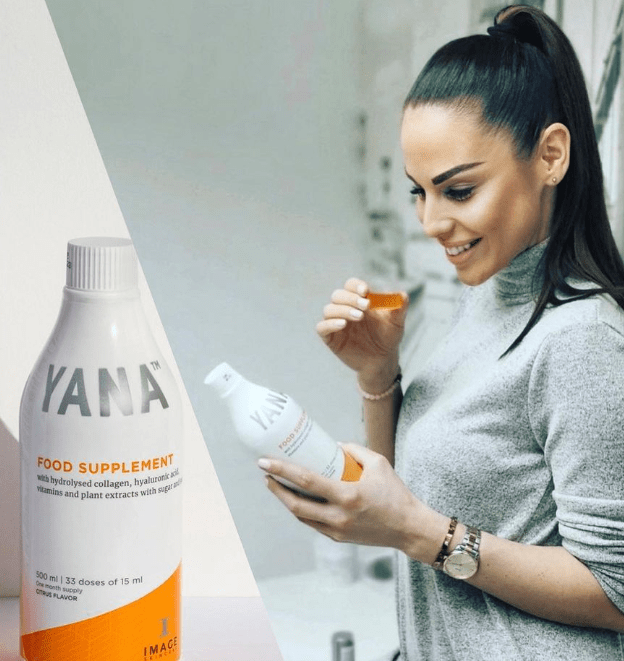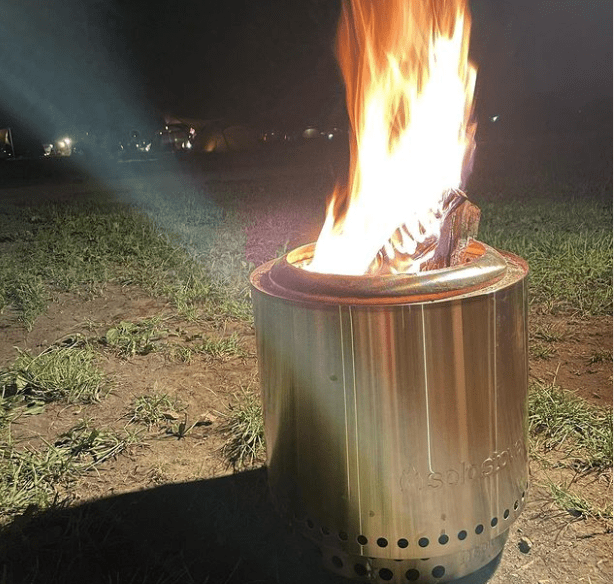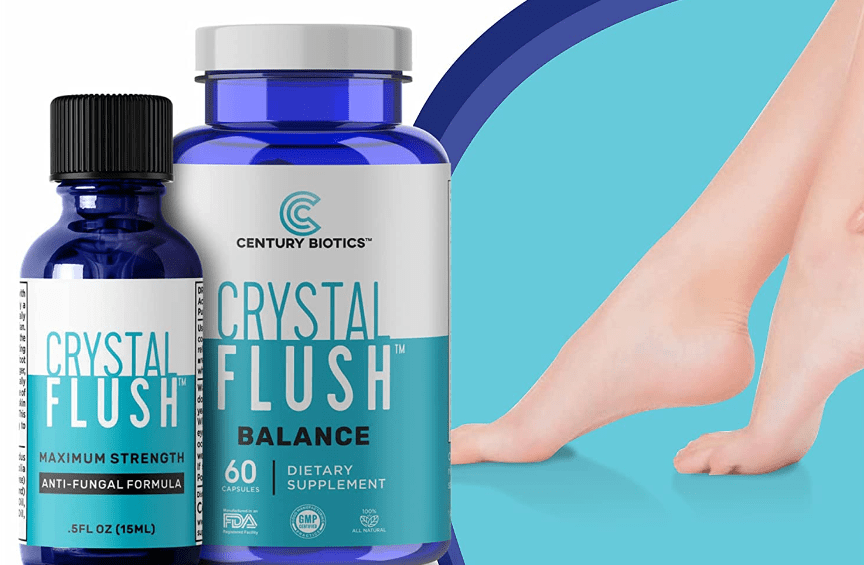Sleep Like Goldilocks Review: Don’t overheat or underdress your child; rather, find a happy medium! Goldilocks eliminates the guesswork of what to put your baby in for sleep by displaying on the screen exactly what TOG rated clothing to put your baby in. The icons will help you choose the right clothing for your baby’s overnight sleep, resulting in a more restful night’s sleep.
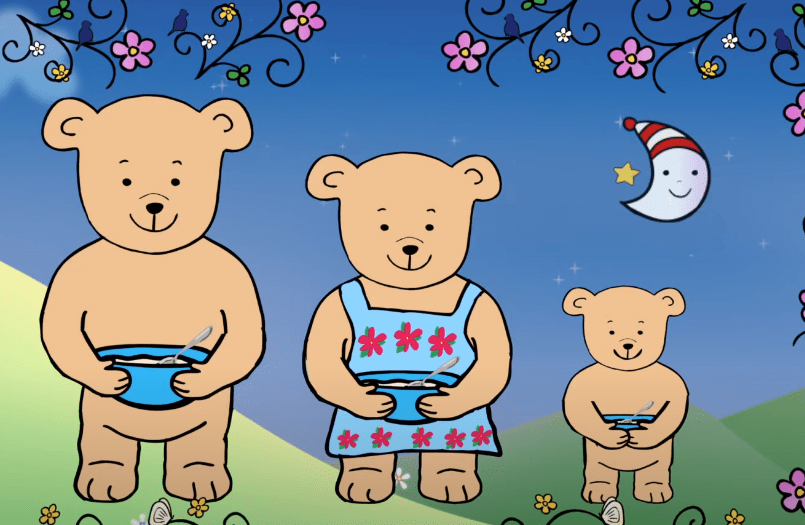
Using the TOG rating, you can see exactly how thick of a sleepsuit your child should be wearing, as well as what kind of clothing they should be wearing. You don’t need to put any electronic devices on your baby to get them to sleep like Goldilocks. As long as you use the Goldilocks method, you will be able to put your child to bed with minimal disruptions to their sleep and without the use of any additional electronic devices. Depending on the temperature of the room, the color of Goldilocks will also change, from Purple (indicating a very cold room) to Red (indicating a very hot room), with colors in between.
This can also be used as a gentle nightlight that can be turned off. A nightly low-temperature prediction based on your location and room temperature is made using this information. The more time the device spends in your baby’s room, the more accurate the prediction becomes as it learns about the fluctuations in temperature. Avoid SIDS by avoiding overdressing your kid when he or she is sleeping.
Features:
- A clock with a programmable color wheel
- The skin of the bear is made of squishy and soft silicone.
- A large display gives you quick access to the data you need.
- Toggle screen brightness, turning off auto-brightness, and setting an alarm are all easily accessible in the dark.
- Sleepwear guide – Take the uncertainty out of what to outfit your baby in!
- An Australian-made and designed room thermometer that reliably predicts the overnight temperature.
Please keep in mind that the suggested attire and forecasted temperature are simply intended as a suggestion. Please take into account other circumstances, such as illness, heating/cooling, and whether your infant is prone to overheating or underheating. You’re going to be amazed by the new baby monitor that’s on its way. New baby monitors are on the way, and we expect a lot of parents to be interested to see what they can do with them. You can keep track of a variety of aspects of your baby’s well-being from anywhere with the Goldilocks Suit, thanks to its easy smartphone integration.
Parents who are also medical specialists devised the Goldilocks Suit to provide new parents peace of mind while monitoring and recording their child’s temperature, sleep habits, breathing, feeding, and development. Anytime your baby screams, open the app and see if they’re hungry if they’re too hot or cold, whether they’re in the middle of a leap, or any other number of things.
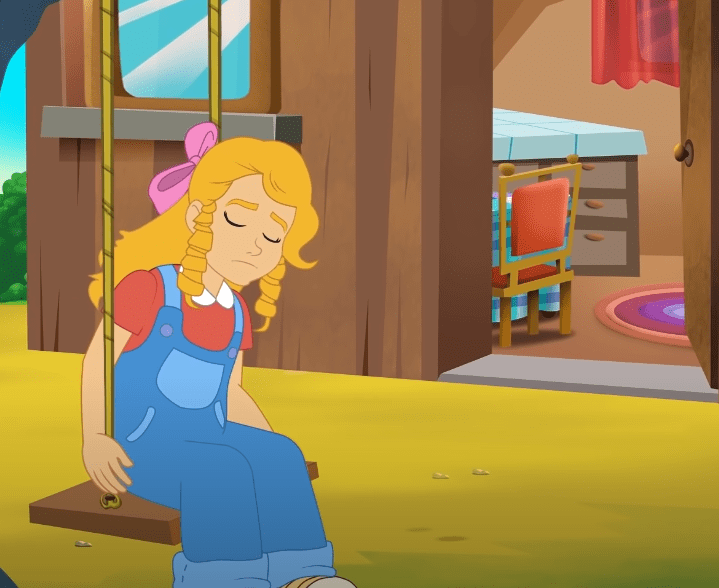
According to a study published in The Lancet, a lack of knowledge may have contributed to the findings. Factors like unemployment and low socioeconomic position may be linked to higher cardiovascular risk as well as sleep deprivation. Sleeping between four and six hours a night was not related to an increased risk compared to sleeping between six and eight hours a night.
Observations on your child’s growth
But there’s more to it than that. With the Goldilocks Suit and app, parents may get even more information on their child’s growth and development. WINK and Mother Nurture experts collaborated to create the development information offered, and it is all backed by scientific data. If you’re unsure about your child’s growth or behavior, or are wondering about what’s to come as they grow and evolve, this app promises to provide you with clinician-grade guidance.
“We were continually doubting ourselves.”
After the birth of his daughter, Shem Richards says he came up with the idea for Goldilocks. It was after having a child, according to the app’s creator Shem Richards, that he had the concept for Goldilocks. As a result, “in our sleep-deprived and pressured attitude,” he continued, “we lost all the stuff we researched.” “We kept asking ourselves, ‘Is she starving?’ How hot or cold is she? Is she exhausted: For parents, we set out to create a simple and straightforward answer for their most frequently asked queries.
In addition to well-known risk factors like age, sex, BMI, systolic blood pressure, blood glucose, blood lipids, smoking, alcohol use, physical activity level, and prior cardiovascular or diabetic disease, the researchers also adjusted their analyses for education and marital status. We couldn’t explain the increased risk with sleep medicine use.
Too much sleep, on the other hand, is not recommended. More than half of those who reported sleeping more than eight hours a night died from coronary heart disease, compared to those who said they slept between six and eight hours a night, the study found. After taking into account other risk factors, the risk was still 28% higher. A direct causal link between long sleep duration and an increased risk of dying from coronary heart disease has not been shown, according to Strand’s findings.
Isn’t that the end of it?
For now, parents and parents-to-be may keep tabs on Goldilocks via Facebook and Instagram to learn more about the suit’s development as well as when it will be available. Certain forms of cardiovascular illness are made more likely when people get too much or too little sleep. There is a higher danger for women and the elderly. Some types of coronary heart disease, such as heart attacks and unstable angina pectoris, are more likely to kill those who sleep fewer than four hours or more than eight hours a night. (https://www.magiklights.com/)
“This is the most comprehensive study to date on the link between sleep duration and cardiovascular disease mortality. A healthy lifestyle necessitates adequate sleep, but not excessive sleep, as demonstrated by our findings “Linn Beate Strand, a postdoctoral fellow in the Department of Public Health and General Practice at the Norwegian University of Science and Technology, is the study’s first author. Lack of sleep might increase your risk… 392,164 adults in Taiwan who received a health check between 1998 and 2011 were questioned by doctors about how much sleep they usually get at night. During the study’s follow-up period, 711 participants died as a result of cardiovascular disease.
Participants who slept less than four hours a night were shown to have a 50% greater chance of developing cancer than those who slept six to eight hours a night. Sleep deprivation may explain some of the difference, but even after controlling for these characteristics, the risk of heart-related death rose by 36%. It’s unclear why getting too little sleep increases the chance of cardiovascular disease death, according to Strand, but several hypotheses have been advanced to explain the phenomena.
Sleep deprivation has been linked to an increase in heart rate, blood pressure, and adrenaline release, all known risk factors for cardiovascular disease. Studies have revealed that sleep deprivation is linked to increased production of inflammatory molecules in the body, as well as an increased risk of developing diabetes.

